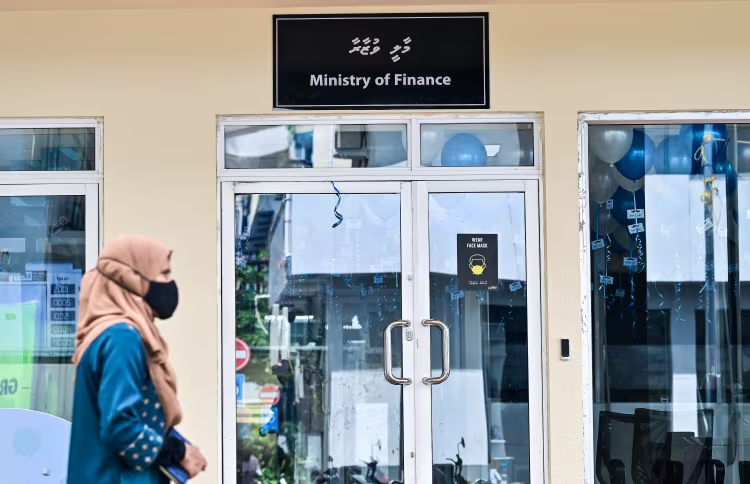The Privatisation and Corporatization Board (PCB) has instructed state-owned enterprises (SOEs) and their subsidiaries to implement additional cost-cutting measures in response to the ongoing economic and financial challenges in the Maldives. This directive was issued in a circular to the companies on Wednesday.
The PCB emphasized the need to adopt a more prudent approach towards both domestic and international travel. It recommended minimizing travel to only essential trips, urging companies to make use of online meetings instead of arranging in-person meetings with global suppliers and customers. In cases where international travel is absolutely necessary, the directive specified that employees should refrain from booking business or first-class tickets, even if external parties are covering travel costs. The PCB further stipulated that any expenses borne by the companies should be kept to a minimum.
To further reduce costs, the circular suggested that companies choose ferries for travel where available, and also cut down on meal expenses during such journeys. Additionally, the PCB advised companies to refrain from participating in seminars and fairs that do not provide direct benefits to their operations.
In an effort to reduce employee-related expenditures, the PCB has set restrictions on recruitment, allowing new hires only when deemed essential. It also highlighted that salaries and allowances should not be increased unless in accordance with established guidelines. Overtime work was to be limited to tasks that are absolutely necessary. The PCB further instructed companies to discontinue payments and salaries in foreign currencies like the US dollar and advised against outsourcing work unless truly required. In cases where there are surplus employees or idle staff, the PCB recommended assigning them to ongoing projects to ensure optimal utilization of resources.
The circular also proposed the use of renewable energy sources, where possible, to reduce electricity costs, and encouraged the digitization of transactions to cut down on paper and stationery expenses. Furthermore, it outlined that any sponsorships or Corporate Social Responsibility (CSR) projects undertaken by the companies should be in line with PCB guidelines, ensuring that additional spending is restricted to only those items that are essential and have been approved in the annual budget.
By introducing these measures, the PCB aims to help SOEs navigate through the financial strain while promoting greater efficiency and cost-effectiveness within these organizations.



